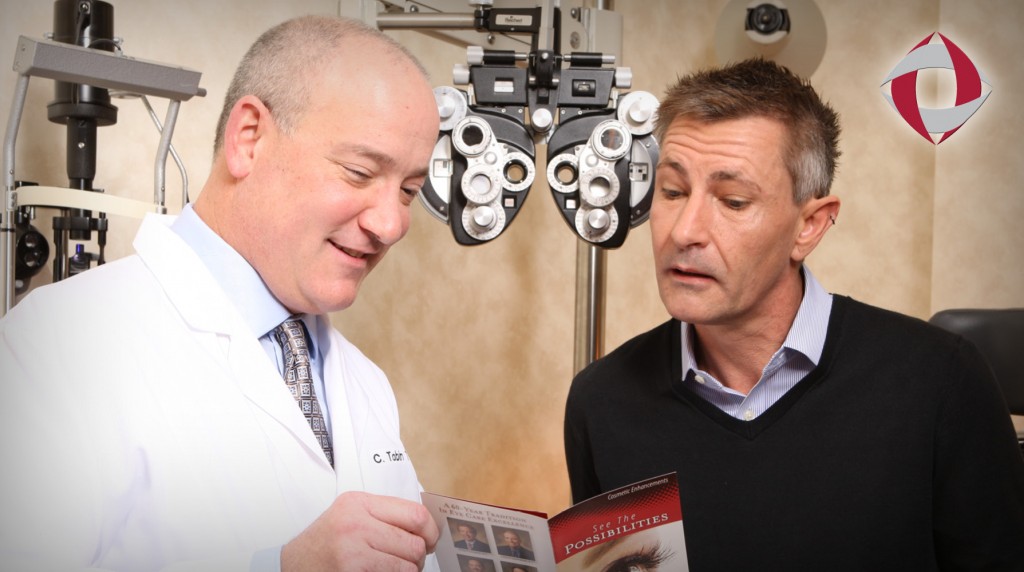Itchy, Crusty Eyes? It Could Be Blepharitis
 Everyone’s eyes itch from time to time. But if you find that your eyes are frequently itchy and irritated, especially if you notice any crusting around your eyelids or lashes, you might have a condition called blepharitis.
Everyone’s eyes itch from time to time. But if you find that your eyes are frequently itchy and irritated, especially if you notice any crusting around your eyelids or lashes, you might have a condition called blepharitis.
Blepharitis is a chronic inflammation of the eyelids, which can cause irritation, itching, crusting of the eyelashes and, occasionally, a red eye. Blepharitis can occur any time during your life, and it may happen once or many times.
Blepharitis is sometimes called “granulated eyelids.”
Symptoms
Symptoms include redness of the eyelid margin and crusty scales, along with itching, burning, and flaking. Loss or eyelashes or distortion of the margins of the eyelids may also occur. Blepharitis takes two forms. The first, an immune reaction to the overgrowth of bacteria, is the more common form of blepharitis. Seborrheic blepharitis, a less common form, is characterized by oily or greasy flakes or crust. It may also be in conjunction with dandruff or other skin reactions.
If left untreated, blepharitis can become severe and even lead to the ulceration or erosion of the eyelid or cornea, which can cause great discomfort.
Treatment
Hygiene is the key to combatting blepharitis, and patients need to be consistent to get blepharitis under control. When the patient wakes up, he/she should use eye scrub pads to clean the eyelid margins to remove any crusting or scales. If scrub pads aren’t available or are too expensive, another approach is to use a cotton swab and a solution of 50/50 water/baby shampoo, cleaning along the eyelid margin for at least a minute. Your eyecare professional may also prescribe an ointment to use while sleeping, and hot compresses can be useful, too.
Strict lid hygiene is very important when it comes to the treatment of blepharitis. The following regimen may be useful:
For seborrheic blepharitis, oily scalp treatments or dandruff shampoos may be used. And once blepharitis is under control, antibiotics may be used occasionally to keep it that way. For severe cases, antibiotics and steroid preparations may be prescribed.
Learn more about blepharitis here.